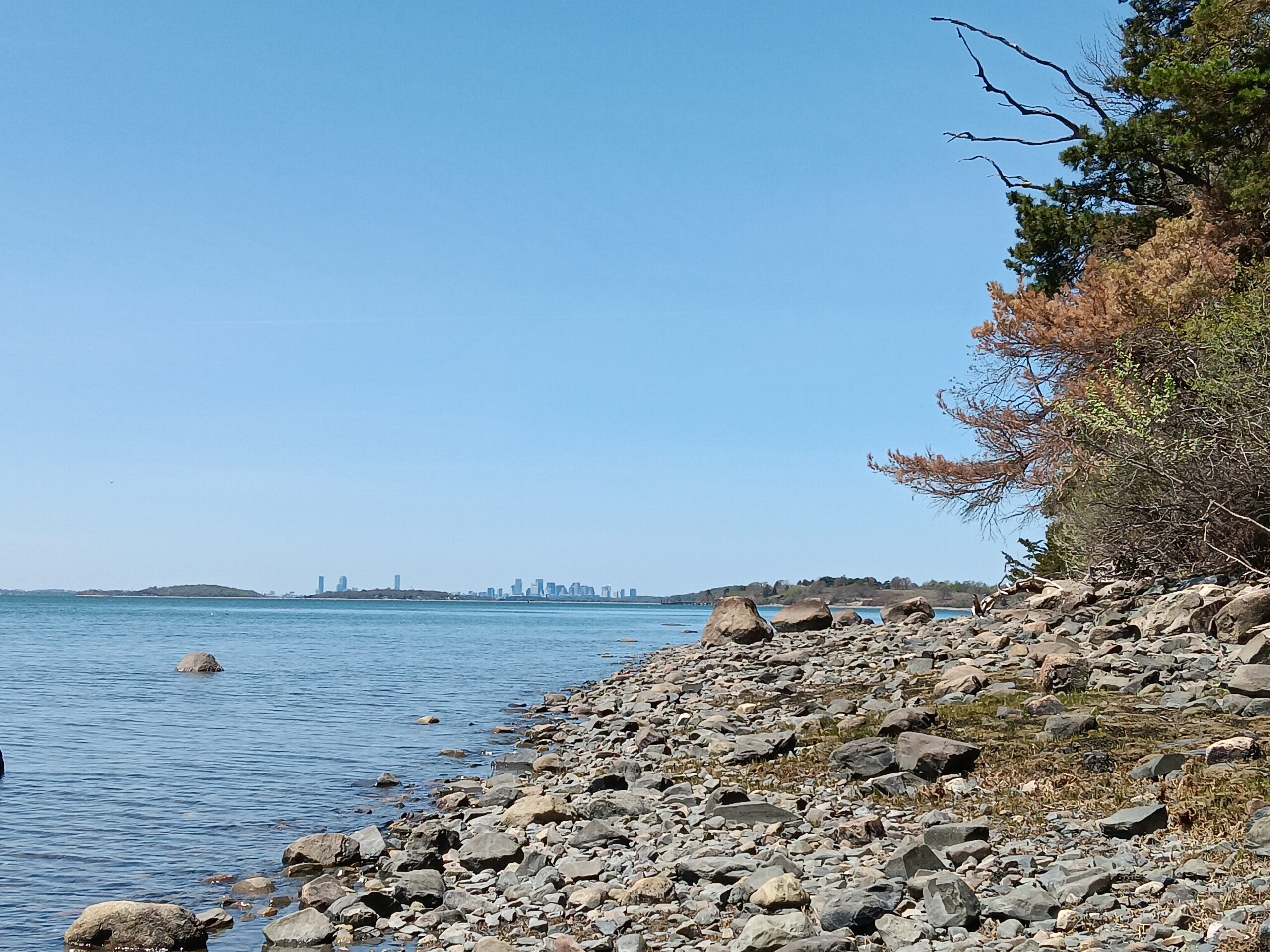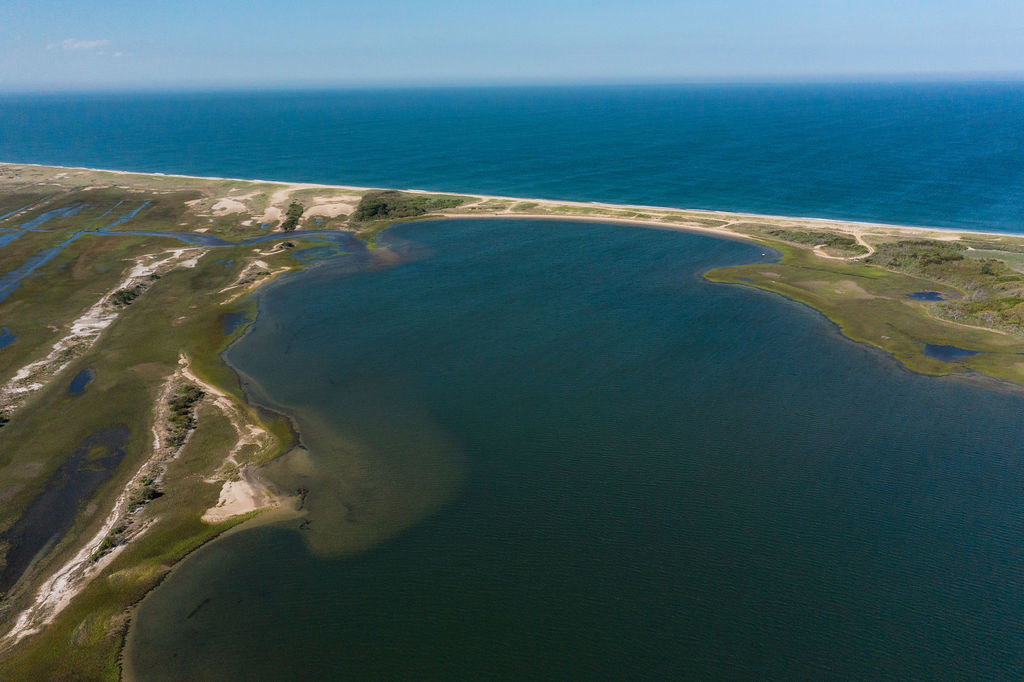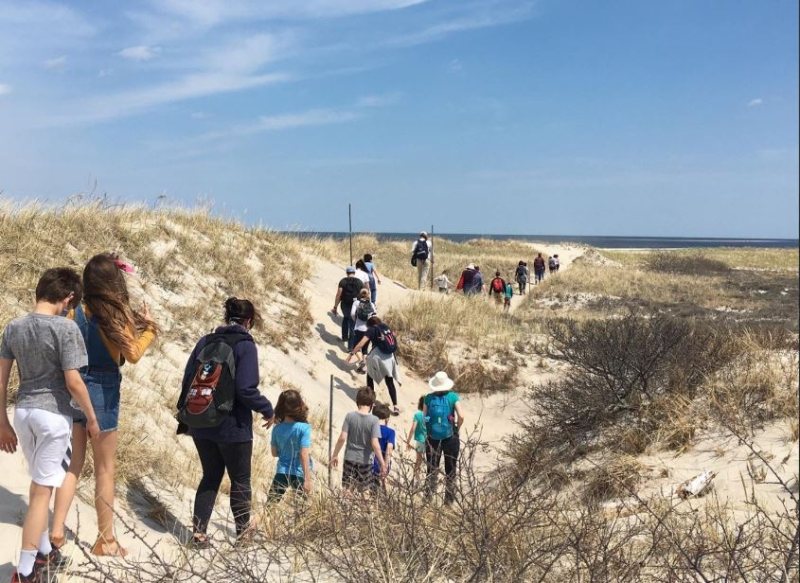Rare and Endangered Species Day is celebrated every year on the third Friday in May, providing the opportunity to learn about and take action to help endangered species. This year we are highlighting piping plovers at Crane Beach in Ipswich, the sweet bay magnolia at Ravenswood in Gloucester, and more!
Read on to learn more and hear from Jeff Denoncour.
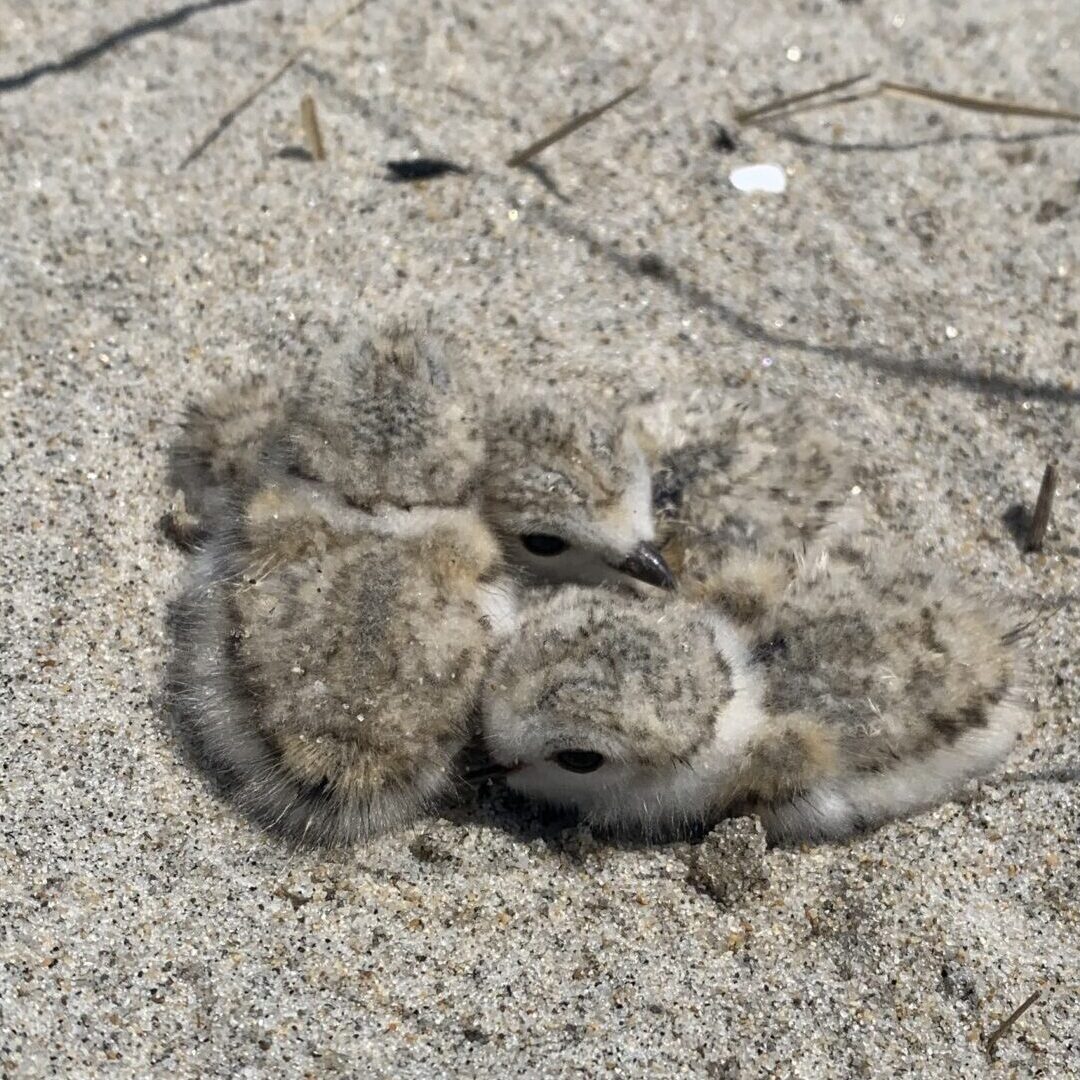
Birds and Butterflies
Piping Plovers were listed as Threatened in 1986. Since then, the Trustees have worked to protect and restore these shorebirds on its more than 20 miles of beaches through implementing management guidelines and adaptive management. For example, there were five pairs of plovers at Crane Beach in Ipswich in 1986 and today our ecology staff steward an average of 50 pairs annually. Nearly 1,600 chicks have been fledged from Crane Beach since 1986 – a real success story! Statewide the Trustees protects more than 70 pairs of piping plovers.
Saltmarsh Sparrows are one of the few bird species endemic to eastern North America. The sparrow population has declined by an estimated 87% since 1998, mostly due to the flooding of its marshes from sea level rise. The Great Marsh on the Northshore is home to 5% of the global population and one of the primary reasons The Trustees, along with our partners, are restoring thousands of acres of salt marsh habitat.
The Frosted Elfin is a small brown butterfly that flies once a year in early spring. The butterfly only lays its eggs on wild indigo, its host plant. While the plant is not rare the butterfly is. Throughout its range the butterfly is declining and Massachusetts is fortunate to support populations even though the species is near its northern limit. Similar to the New England Blazing Star, Frosted Elfin is a fire-dependent species since its host plan thrives in dry soils with abundant sunlight. The Trustees is maintaining and restoring barrens habitat across the state for a multitude of species including Frosted Elfin. While the reasons for the species decline is not fully understood, Frosted Elfin’s are holding their own at Weir Hill Reservation and its host plant is thriving with restoration of the habitat.
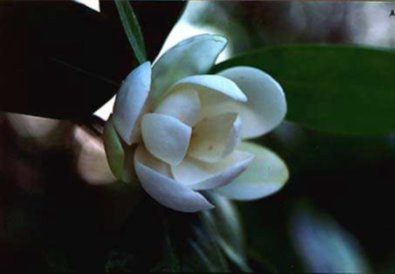
Flora and Fauna
The Sweet Bay Magnolia at Ravenswood once teetered on extinction due to its overcollection. It was sold as souvenirs and considered such a novelty that the village of Kettle Cove in Gloucester changed its name to Magnolia. Thankfully, efforts to protect the population led to the creation of Ravenswood Park and today The Trustees carries on the responsibility of caring for this population. This is the northernmost population of this beautiful small tree. More recently, overbrowsing by deer has threated the population and in response the Trustees have fenced the Magnolias. Fencing and augmenting the population with saplings grown from seed collected at the property has been successful. The population has grown from 58 plants at the peak of its decline in 2008 to 326 plants in 2023 and Magnolia flowers bloom once again throughout the swamp!
New England Blazing Star (i.e., Liatris) is a rare native version of the common garden variety of blazing star. This showy, bright purple plant prefers sandy soils and benefits from fire. The Trustees protect two of the larger state populations of this state-listed Species of Concern. Thousands of plants call the sandplain grasslands at Wasque Reservation on Martha’s Vineyard and the Grass Rides at Appleton Farms in Hamilton home. The Trustees mow and burn these habitats to maintain New England Blazing Star and the many other fire-dependent species restricted to these special habitats. Without carefully mowing and controlled burns these habitats would quickly convert to forest and blazing star would disappear due to the lack of sun.
How can you help?
Become a Trustees Member! Your annual Membership supports our critical work to protect the places—and rare species—that matter most.
